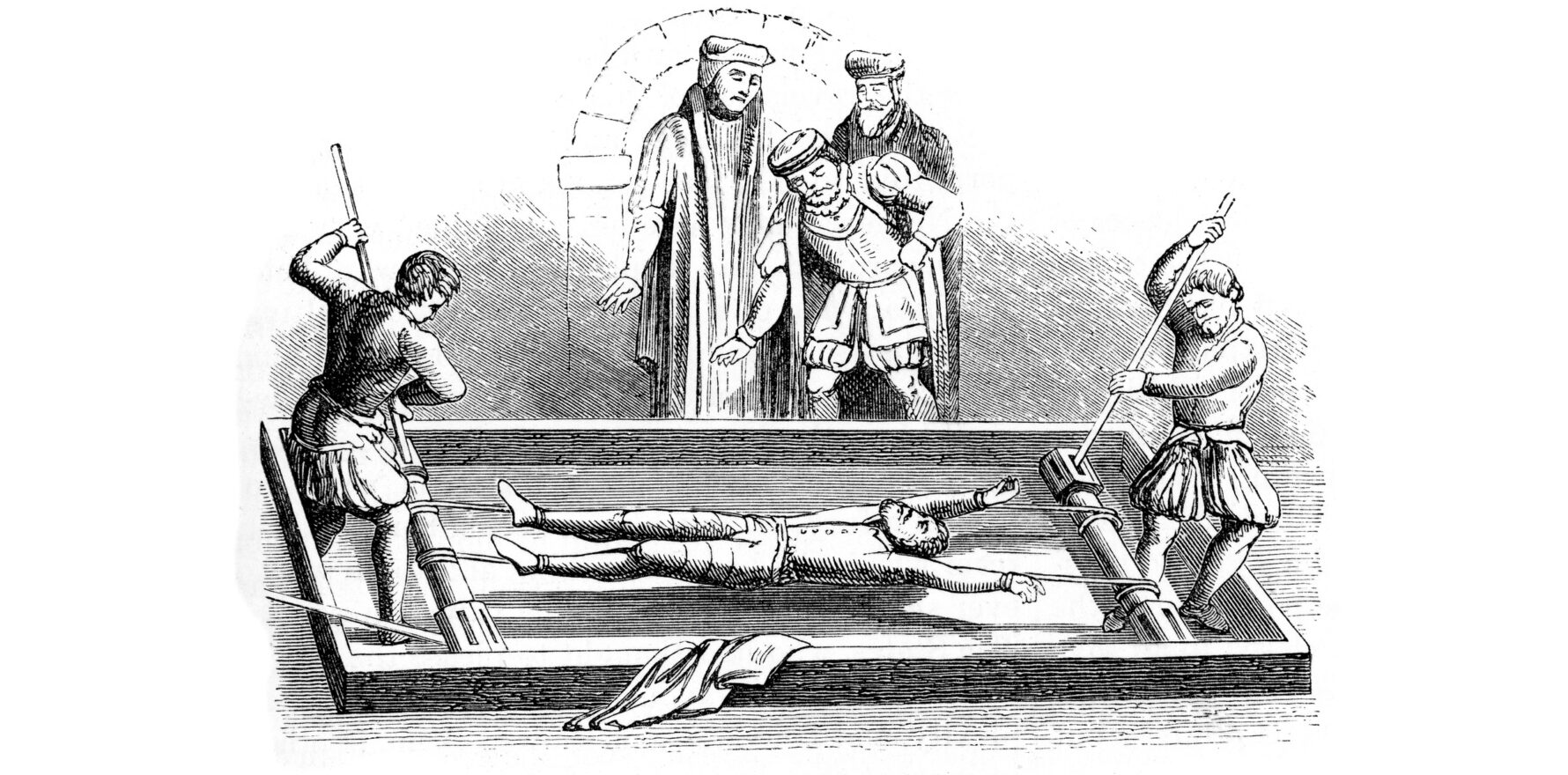A Senate inquiry has acknowledged objections but not recommended any of them be addressed.
A bill expanding the powers of the Professional Services Review should pass without further amendments, says a Senate committee, despite numerous and strenuous objections made by stakeholders.
The Standing Committees on Community Affairs, reporting on its inquiry into the legislation amending the Health Insurance Act, describes it as “part of an ongoing process to improve compliance and integrity measures”, and “encourages the government to continue stakeholder engagement and consultation processes to improve the operation of the PSR, which performs an essential role in ensuring the ongoing sustainability of Medicare”.
The committee “acknowledges that submitters to this inquiry were generally supportive of the purpose of the bill” – that stated purpose being to preserve the integrity of Medicare, not a high bar to clear – “however, raised some broader issues about the complexity of the Medicare system, compliance burdens for practitioners and the adequacy of support to achieve compliance”.
Key changes in the bill include:
- The ability for the PSR Director to enter into S92 agreements with individuals other than practitioners, such as corporations
- Sanctions on corporations that don’t comply with notices to produce documents or attend hearings
- Counselling for the person under review to educate them on appropriate practice
- Access to the records of practitioners not under review
- Expanded debt recovery powers including from deceased practitioners’ estates.
Several submissions to the inquiry emphasised the importance of education, given how voluminous and often indecipherable the MBS is and the complete lack of doctor training in how to bill appropriately.
But the committee is reassured by the DoH’s observation “that the vast majority of practitioners claim benefits appropriately and correctly, and that it therefore: [quoting the DoH] ‘provides a responsive and proportionate approach to its compliance activities. Most of these activities centre on fostering voluntary compliance through a strong focus on education, engagement with professional colleges and other peak bodies, and letters targeted to practitioners with unusual or unexpected patterns in claiming payments or requesting diagnostic services.’”
In its submission, medical defence organistion MIGA raised multiple objections and avenues for improvement, including allowing practitioners full legal representation before a PSR committee.
“It is odd that individual healthcare providers are advised against treating themselves, and the legal profession has reservations about lawyers representing themselves, but an individual provider is expected to be able to represent themself before a PSR committee, including to call and question witnesses when it is their own conduct which is under question.”
MIGA also proposed a higher threshold for referral to the PSR: one of “reasonable belief”.
“A threshold of mere possibility of inappropriate practice for referral opens up scope for a broad range of referrals based on speculation, without sufficient investigation or evidence. This is unfair to healthcare providers … [A] ‘reasonable belief’ threshold incorporates a need for proper investigation and careful consideration of a person’s Medicare claiming before making a PSR referral. It would not usurp the role of the PSR Director or committee … it would merely impose a test of reasonableness.”
MIGA also argued against the requirement for a practitioner to admit to “inappropriate practice” as a condition for entering an agreement with the Director.
The Senate committee acknowledges this but again in response merely quotes the DoH, which submitted that “‘the amendments are not intended to be punitive but rather aim to encourage co-operation with the PSR process, in order to enable the provision of information and evidence to enable the PSR to undertake its functions … the Bill does not burden compliant practitioners but does increase the flexibility and strength of the government’s compliance activities.’”
Dr Margaret Faux, a lawyer with a PhD on medical billing and a regular columnist with The Medical Republic, wrote in her submission that the entirety of Australian medical billing rules that a doctor is expected to be familiar with – including Medicare billing instruments and related regulations, schedules and guides, state health laws, private health insurance fee schedules etc. – could be conservatively estimated to amount to more than 20,000 pages.
In 2020 alone, she wrote, more than 200 instruments pertaining to health insurance – and therefore medical billing compliance – were added to the Federal Register of Legislation, excluding those relating to covid.
As for the PSR, Dr Faux submitted: “Its crude methods of investigation and prosecution target doctors who would almost all bill better/differently if they had access to reliable education and support and the MBS item descriptions made sense.
“Instead, these doctors are subjected to extremely distressing, drawn out PSR investigations (conducted in secret without public scrutiny), while rogue practitioners like those seen in the recent ABC Four Corners program ‘Cosmetic Cowboys’ unlawfully bill services to Medicare but fly under the audit radar.”
She wrote that her PhD research into billing overseas had shown that no countries (not even the US) were looking to emulate our processes for recovering public money, but that many were seeking digital solutions to financial leakage: stopping the “incorrect” payments from being made in the first place, intead of pursuing practitioners afterwards.
When the legislation was introduced to parliament in November, AMA vice president Dr Chris Moy told TMR that the AMA had lobbied for the bill to include safeguards for practitioners, and had supported making corporations take more responsibility.
But Dr Faux told TMR that it would not fix any of the serious structural problems in the system, and rather would strengthen the PSR in places where it had recently shown weakness – e.g. in going after corporations.
“What we have is an outdated pay-and-chase model that is ineffective,” she said at the time.
“We’re giving more power to a secret agency, when we know that the underlying equipment, [Medicare legislation], is completely faulty, and unable to be interpreted.
“So I predict that there will be more and more litigation against the PSR, and more doctors will rebel against this draconian system that is really becoming more and more medieval.”








